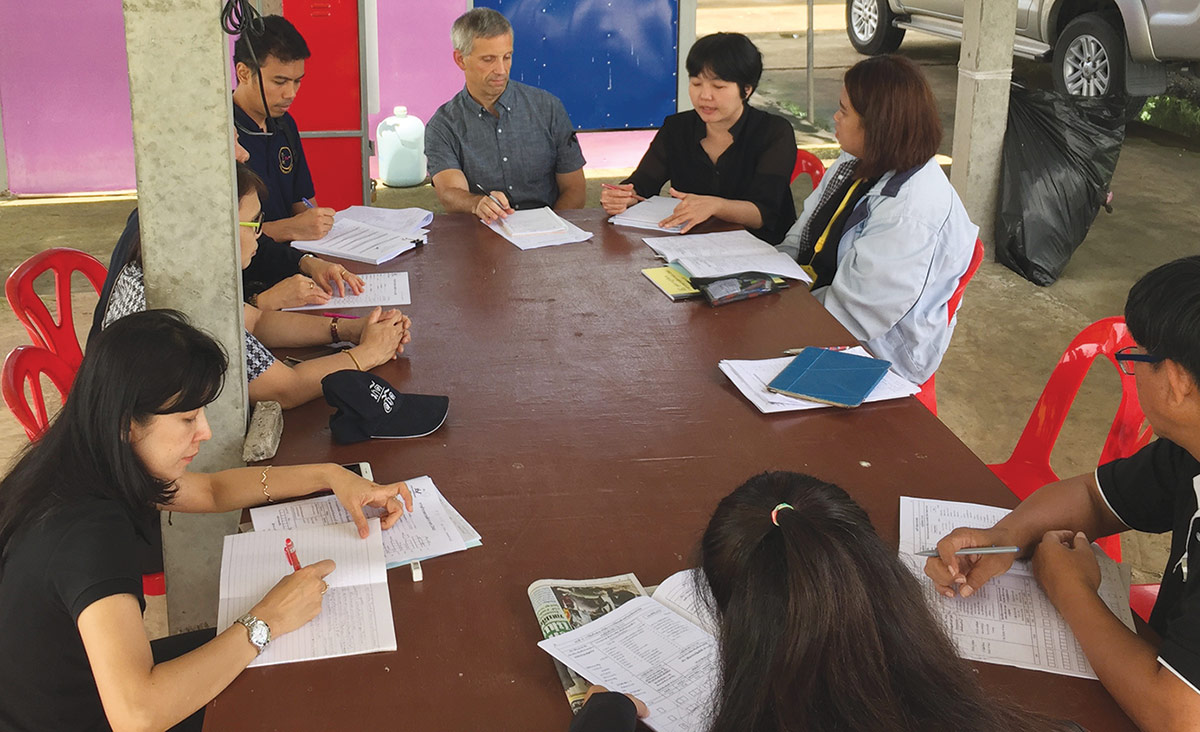Building an Inclusive World

Though he’d majored in economics at Swarthmore, received a Ph.D. in economics from the University of Wisconsin–Madison, taught economics at Cornell University, and worked for the Congressional Budget Office, he’d left to pursue his dreams of making a living as a writer and actor.
“The Kennedy Foundation called and said ‘Would you like to work at the World Bank for a year?’” says Mont. His first thought: “But I have a toothpaste commercial audition tomorrow.”
He accepted and was tasked with getting policymakers and disability advocates talking to each other and speaking the same language. When disability advocates would say “People with disabilities are discriminated against in employment,” economists and policymakers would ask, “Where’s the evidence? And what are the proven policy solutions?”
“We told them, we can’t show you the evidence because you haven’t been collecting data on this. It’s like the chicken and the egg,” says Mont.
That changed in 2006, when the United Nations passed the Convention on the Rights of Persons with Disabilities (CRPD). It was “a very big deal,” says Mont. “Disability advocates and human rights advocates around the world worked very hard to achieve that.”
The U.N. established an international working group on disability statistics, which enabled Mont and his colleagues to start collecting the necessary data. The passing of the CRPD gave them a tool to persuade countries and institutions to prioritize people with disabilities when making social policy. At the World Bank, Mont published “Measuring Disability Prevalence,” which he says has been the most influential of his many articles. It describes best practices for using surveys to measure disability. He has conducted training in dozens of countries around the world on this issue.
Mont left the World Bank to start his own organization, the Center for Inclusive Policy (CIP), in 2015. His goals stayed much the same.
“We wanted to help international agencies develop the expertise to think about disability, and for organizations of people with disabilities to be better trained in policy analysis,” says Mont.
CIP has worked on projects in Indonesia, India, Fiji, the Philippines, South Africa, Belize, and many other countries. One of its focuses is measuring the costs people with disabilities incur that people without disabilities don’t.
To Swarthmore students trying to devise career paths, Mont says, “Do what you’re drawn to. Try to be good at it,” but keep in mind for many people, where you end up includes luck and circumstance.
“The whole second half of my career would not have happened if that article I wrote for the Post did not come out on the very day the Kennedy Foundation was searching for someone like me,” says Mont.